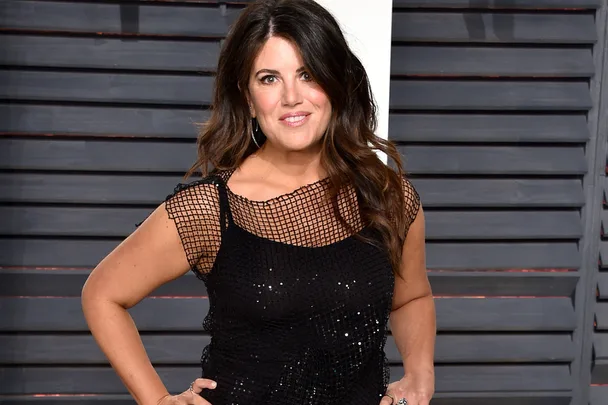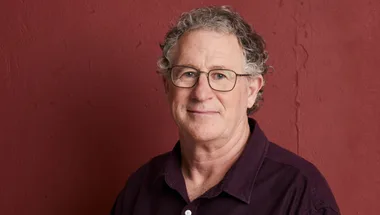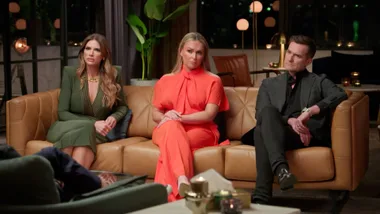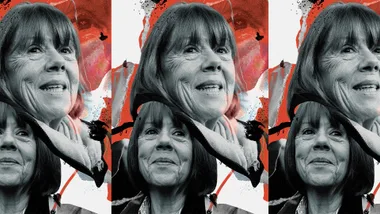In 1999, a year after Monica Lewinsky became a household name for her affair with the world’s most powerful man, she was approached at Los Angeles airport by an autograph-seeker.
She politely turned the person down.
“I’m kind of known for something that’s not so great to be known for,” she said.
In that short, humble sentence, there is an ocean of regret, shame, humiliation and the aching sense of a young life wasted.
Lewinsky was 22 when she became a White House intern.
Subsequently, she developed what she described as a close relationship with President Bill Clinton.
He later denied (under oath) that it was sexual in nature.
Later still, when the president was forced to admit the relationship had been sexual, he tried to make out that Lewinsky, who was 27 years his junior, and working her first post-college job, had been the initiator.
“He talked about it as though I had laid it out there for the taking,” Lewinsky said in a 2004 interview.
“I was the buffet and he just couldn’t resist the dessert.”
What would we make of the Clinton-Lewinsky scandal now, in the #metoo era?
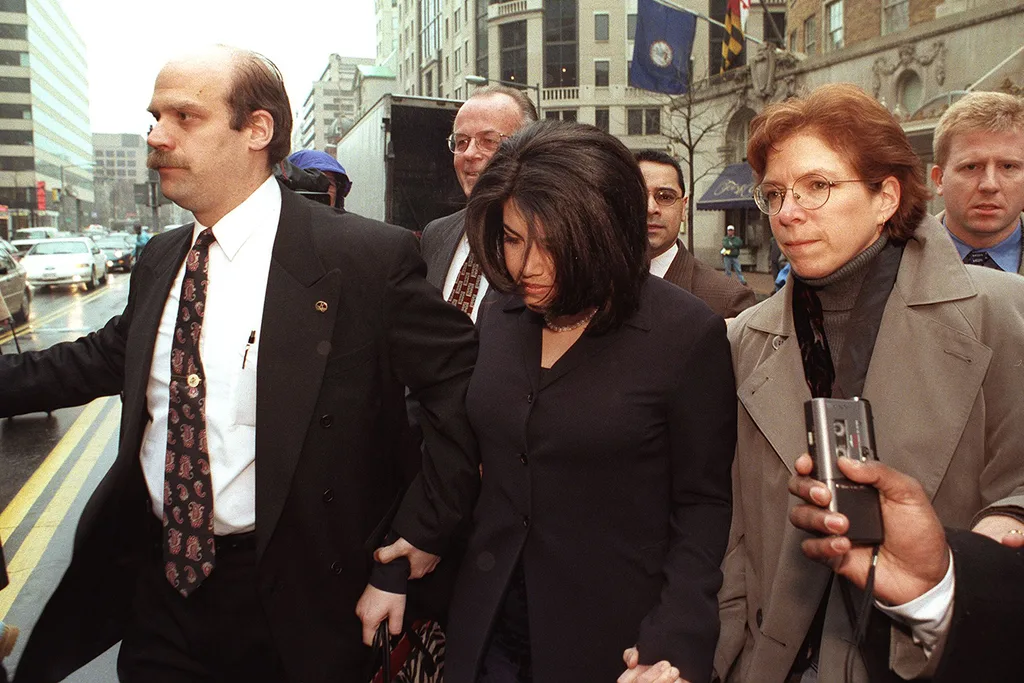
It is 20 years since the story broke, and this week Lewinsky wrote a thoughtful and intelligent piece for Vanity Fair where she acknowledges her debt to the movement.
The women of #metoo are “speaking volumes against the pernicious conspiracies of silence that have long protected powerful men when it comes to sexual assault, sexual harassment, and abuse of power,” Lewinsky writes.
For Lewinsky, there was no protection. Her piece is a fascinating but heart-rending insight into how little power she had once the story broke. She likens her treatment to abuse.
What happened between her and the President when she was so young completely steered the course of her life.
She was the subject of derision, slut-shaming and mockery on an unimaginable global scale.
When the internet became widespread, she was subjected to trolling.
She found it hard to get employment and involved herself in various dubious product-promotion and celebrity-television ventures.
She was later diagnosed with post-traumatic stress disorder and has never escaped the taint of what happened when she was barely out of her teens.
Clinton’s reputation was damaged and his family was embarrassed.
But he kept his job.
The Lewinsky scandal is part of his legacy, but it is not his legacy.
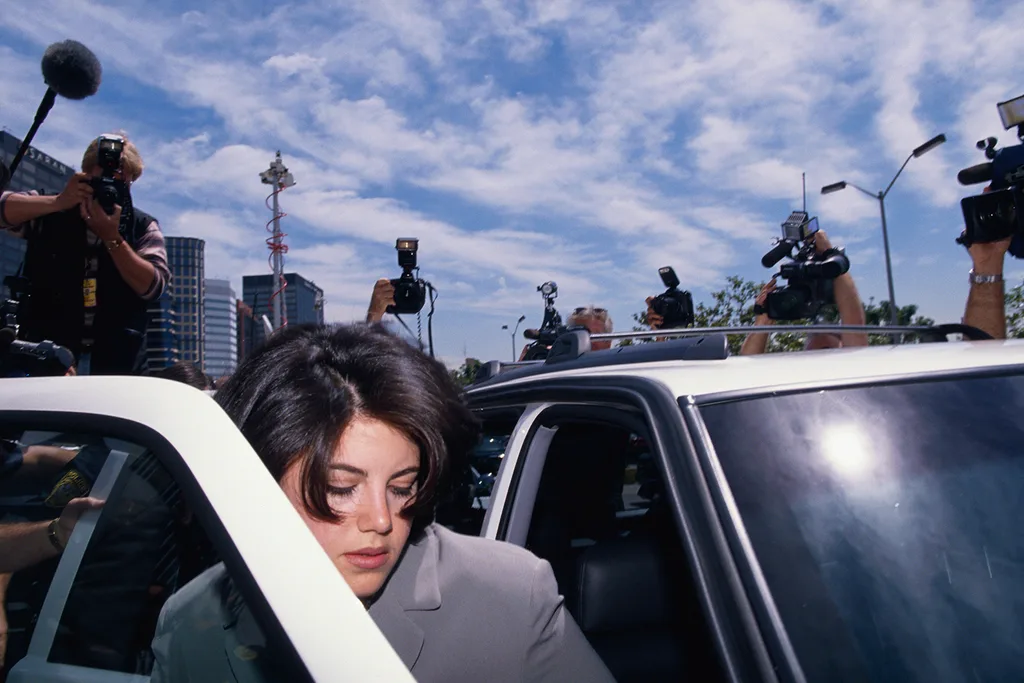
He is feted as a Democratic Party elder and generous philanthropist. He has made tens of millions on the speakers’ circuit and is working on a novel with thriller writer James Patterson, it was reported last year. Clinton was paid a reported $12 million advance for his own autobiography.
This week in Australia, a West Australian woman who made what she thought was a confidential sexual harassment complaint to the National Party, about its then-leader Barnaby Joyce, had her name published.
It is not clear who leaked the story or the woman’s name, but it seems pretty obvious she was thrown to the wolves as part of a political fight.
Her complaint led to Joyce’s final decision to stand down as Nationals leader and Deputy Prime Minister.
The episode was a strong warning to other women: this is what could happen if you speak up, so think hard if it’s really worth it.
Sometimes it is hard to see how we’ve moved on in 20 years.
In her Vanity Fair essay, Lewinsky wrote that one of the founders of #metoo contacted her on social media and expressed her regret.
“I’m sorry you were so alone,” she wrote to Lewinsky, who said these simple words “undid” her.
Maybe that is the difference – in 2018, someone like Lewinsky, or victims of sexual harassment and sexual assault, might not feel so alone.
